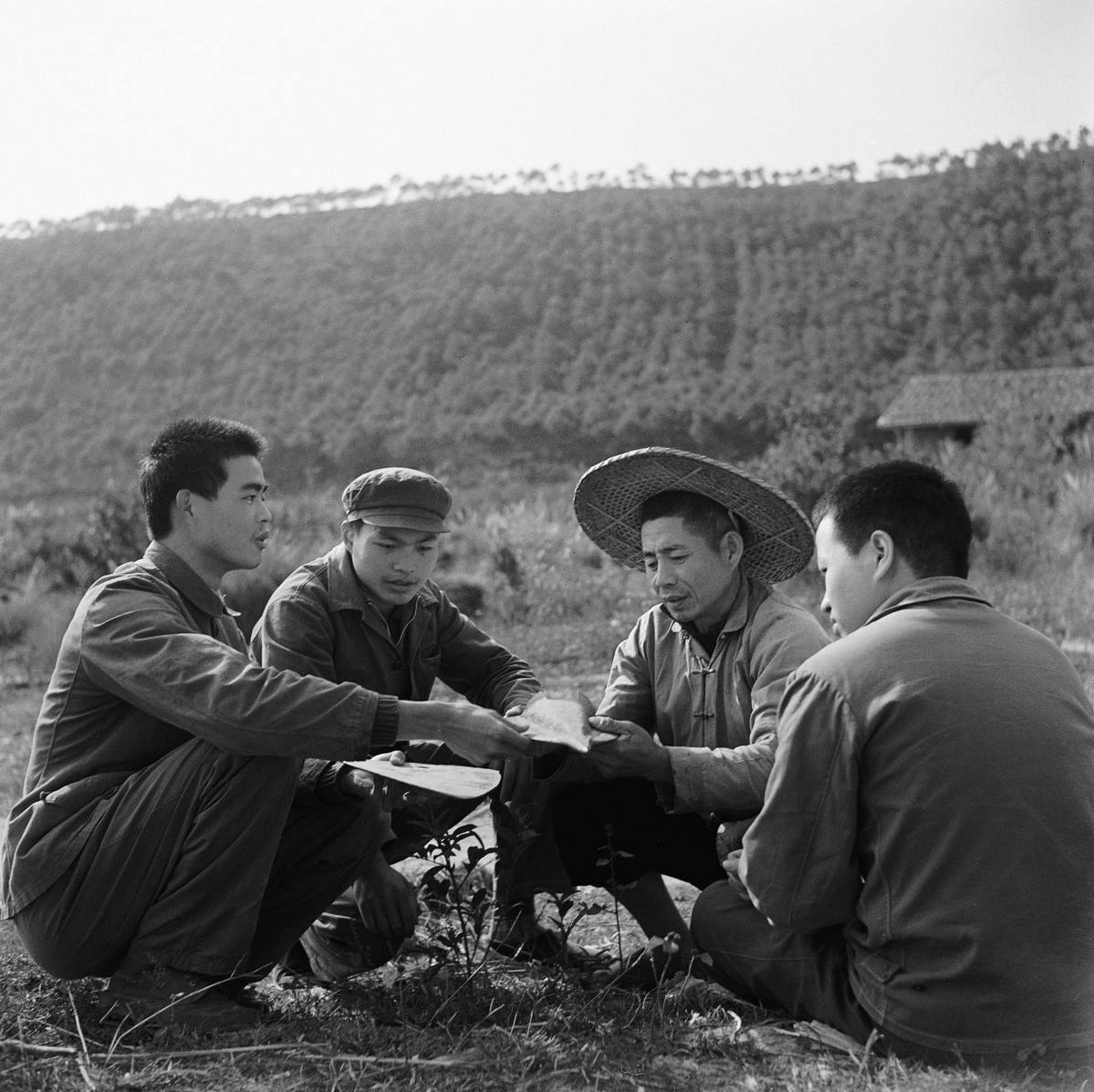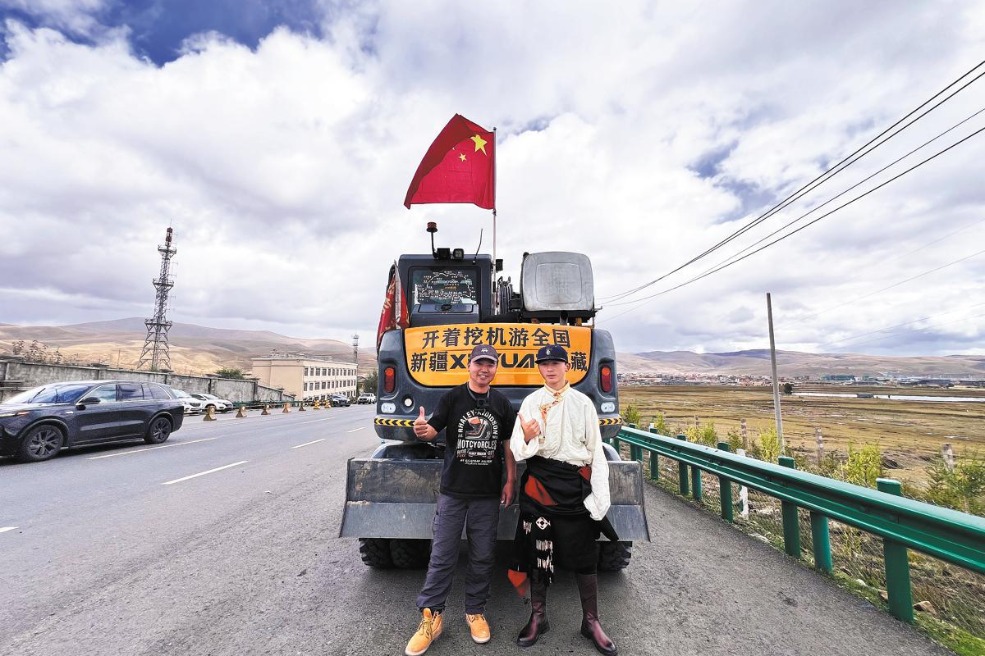'Barefoot doctors' safeguard health of villagers


As the system of People's Commune collapsed, the rural cooperative medical system and barefoot doctors lost their institutional and economic support.
The appellation "barefoot doctor" was officially abolished in 1985, and many such doctors retired, changed their profession, or started private clinics. Some others contracted the clinics from the communes and turned self-sustaining practitioners, though still under the name of "barefoot doctors".
These "barefoot doctors" have improved their professional skills through training and self-learning, and were still well-received among villagers in the following years.
In the 1990s, Ma said he saw more than 150 patients a day at the busiest time. In the "golden era", Ma's clinic was able to keep some profits. After setting aside a portion of revenues for family spending, Ma used the rest to treat villagers and vaccinate children who came from poor families.
But by the mid 1990s, the coastal areas in East China saw an economic take-off, attracting rural labor force to seek higher payments. The village clinics, plagued by outdated facilities and shortage of fresh hands, lost their appeal to patients, who were increasingly inclined to go to large hospitals.
"The collapse of the cooperative healthcare system and the changed roles of 'barefoot doctors' undermined the rural primary health system," said Zhang Daqing, a medical history expert of the School of Medicine at Peking University.
In 2003, the Chinese government proposed to build a new rural cooperative medical system in a bid to reestablish a rural health safety net.
"The current problem in the rural grassroots medical system can't be solved by returning to the old system of barefoot doctors," said Zhang Daqing.
He said as people's livelihoods improve, it is natural for them to aspire for better medical services. The government could devise a tiered medical system and channel more quality health resources to rural areas.
Since 2008, Ma visited more than 300 villages in seven provinces including Henan, Shandong and Hunan. He found more and more villages had hollowed out, with rural health workers living on meager salaries. In some villages, there were no rural doctors at all.
Ma was worried. "With a subsidy of some 1,000 yuan a month, who would like to be a rural doctor? "
- China takes lead in global growth of IP
- Infrastructure restored in aftermath of Dingri earthquake
- Chinese actor located safely after disappearance on Thai-Myanmar border
- Universities open subsidies for students affected by earthquake
- China to improve intellectual property rights
- China to optmize elderly quality of life





































